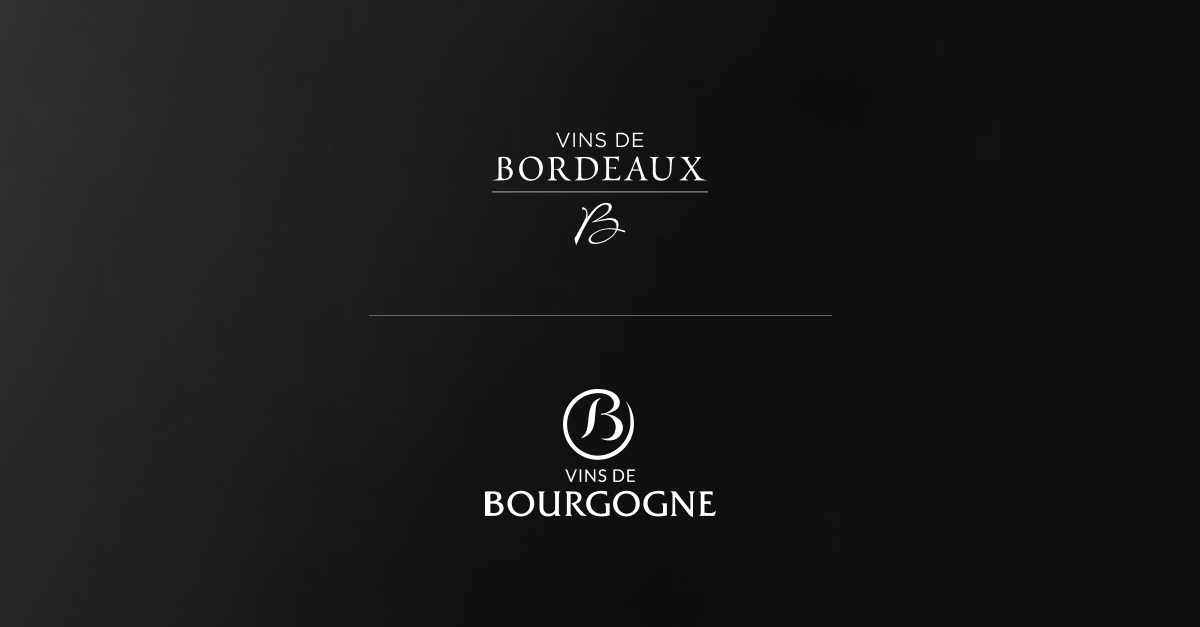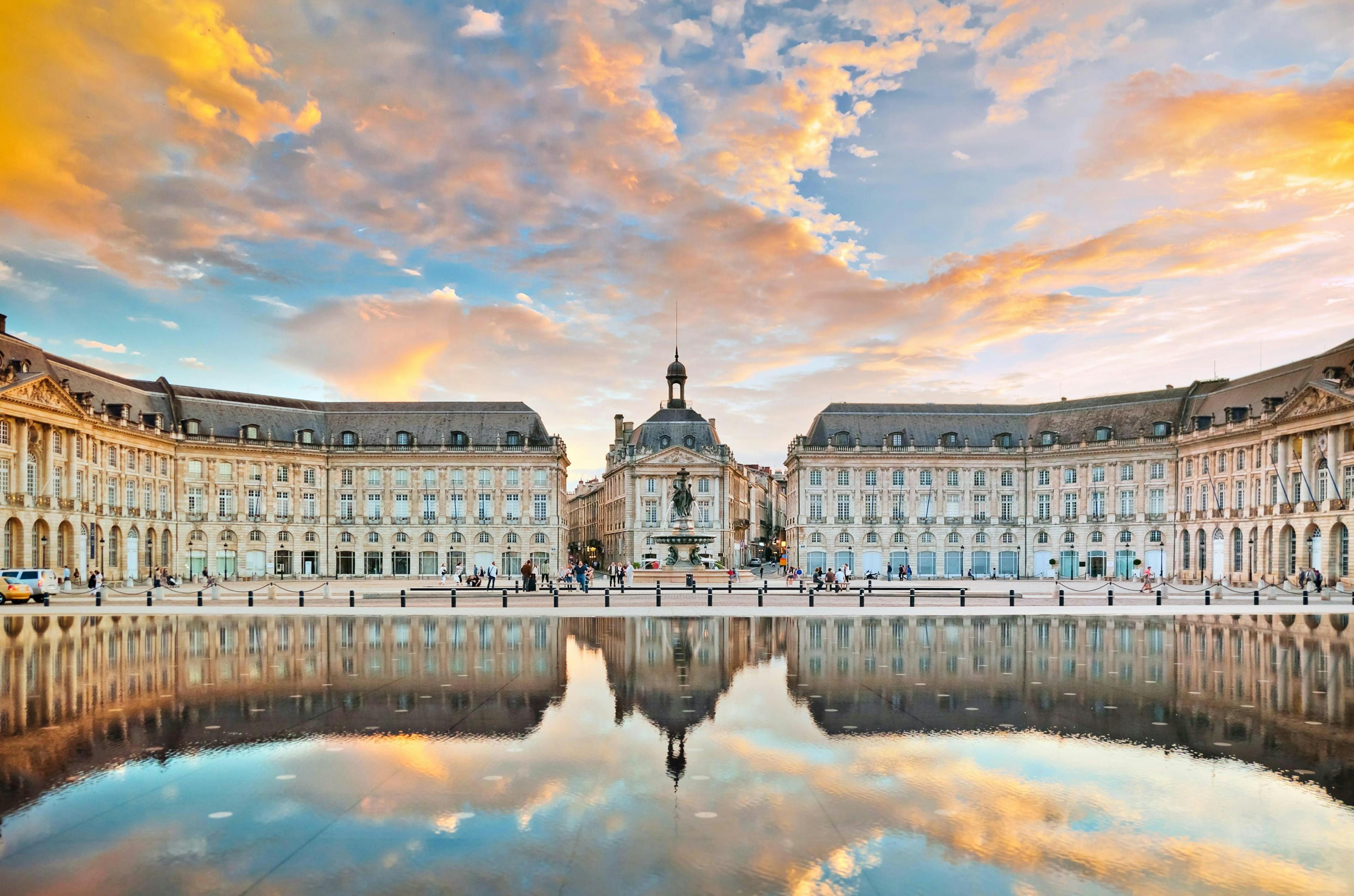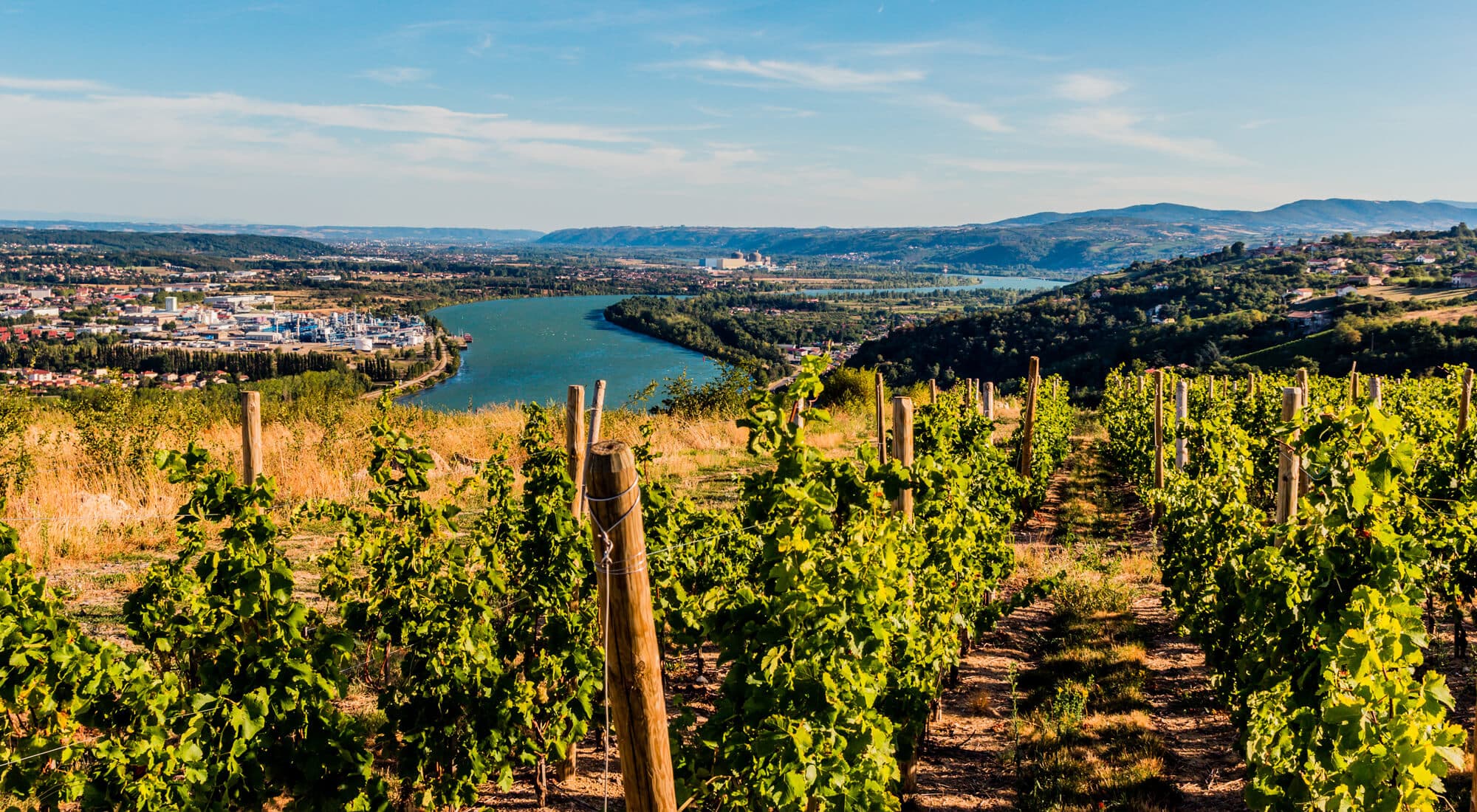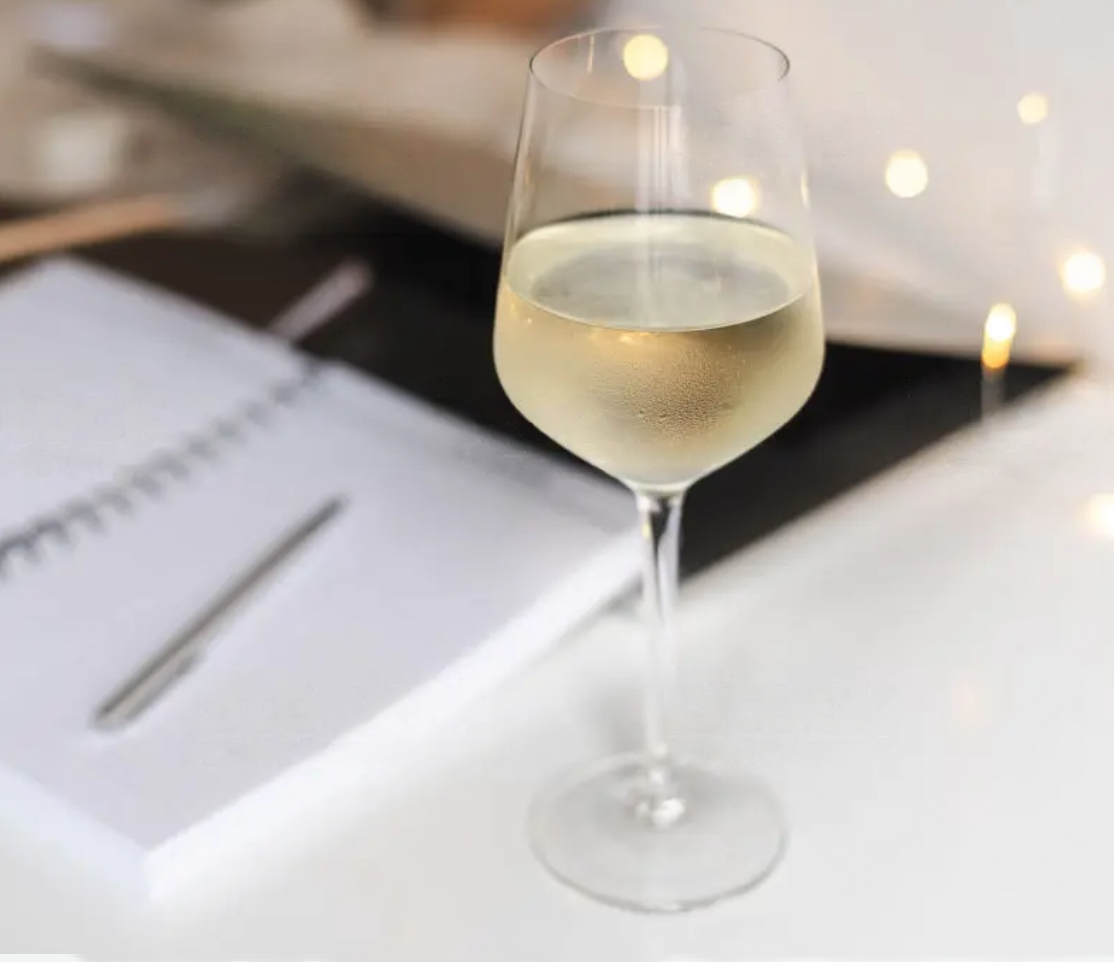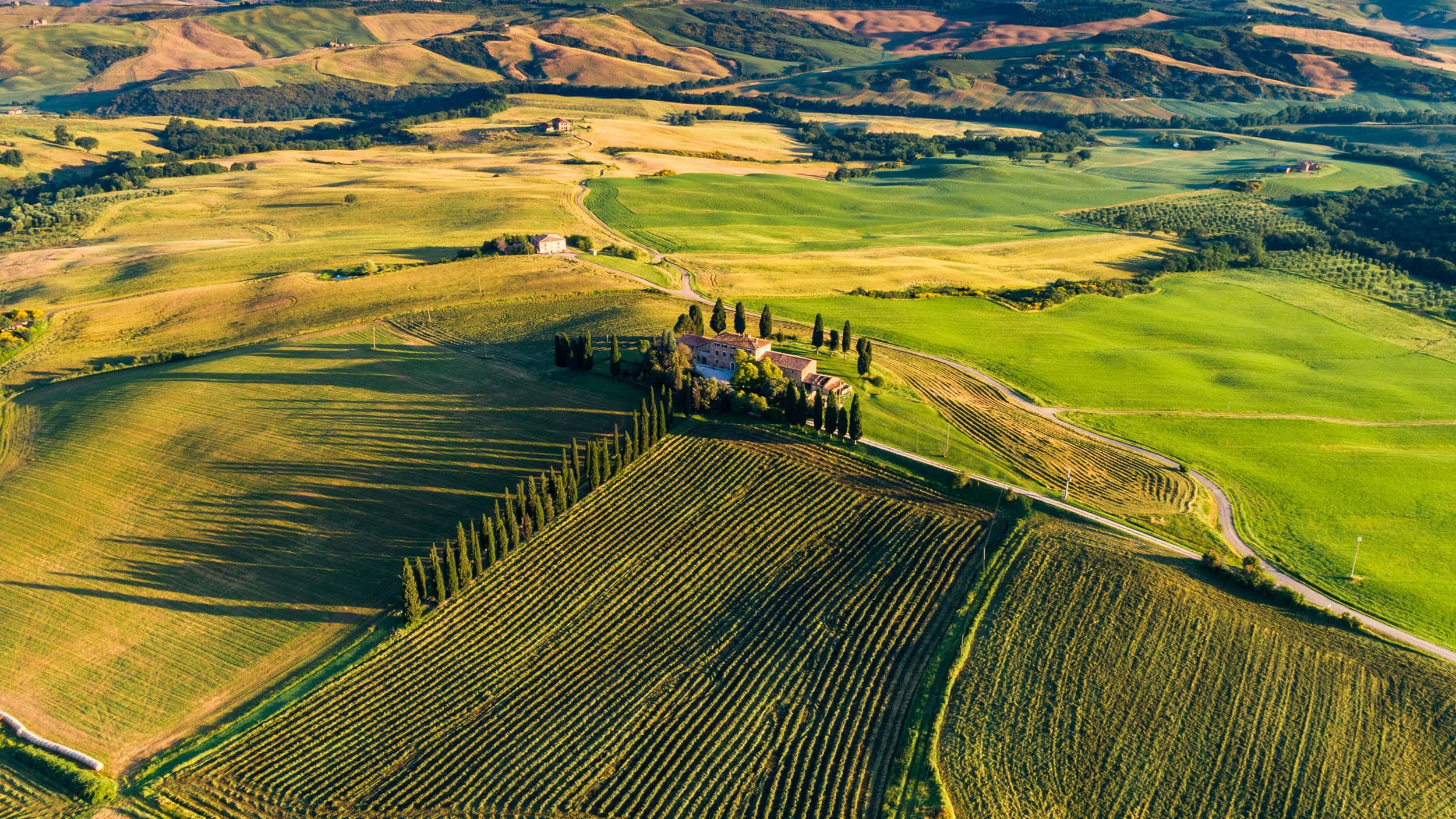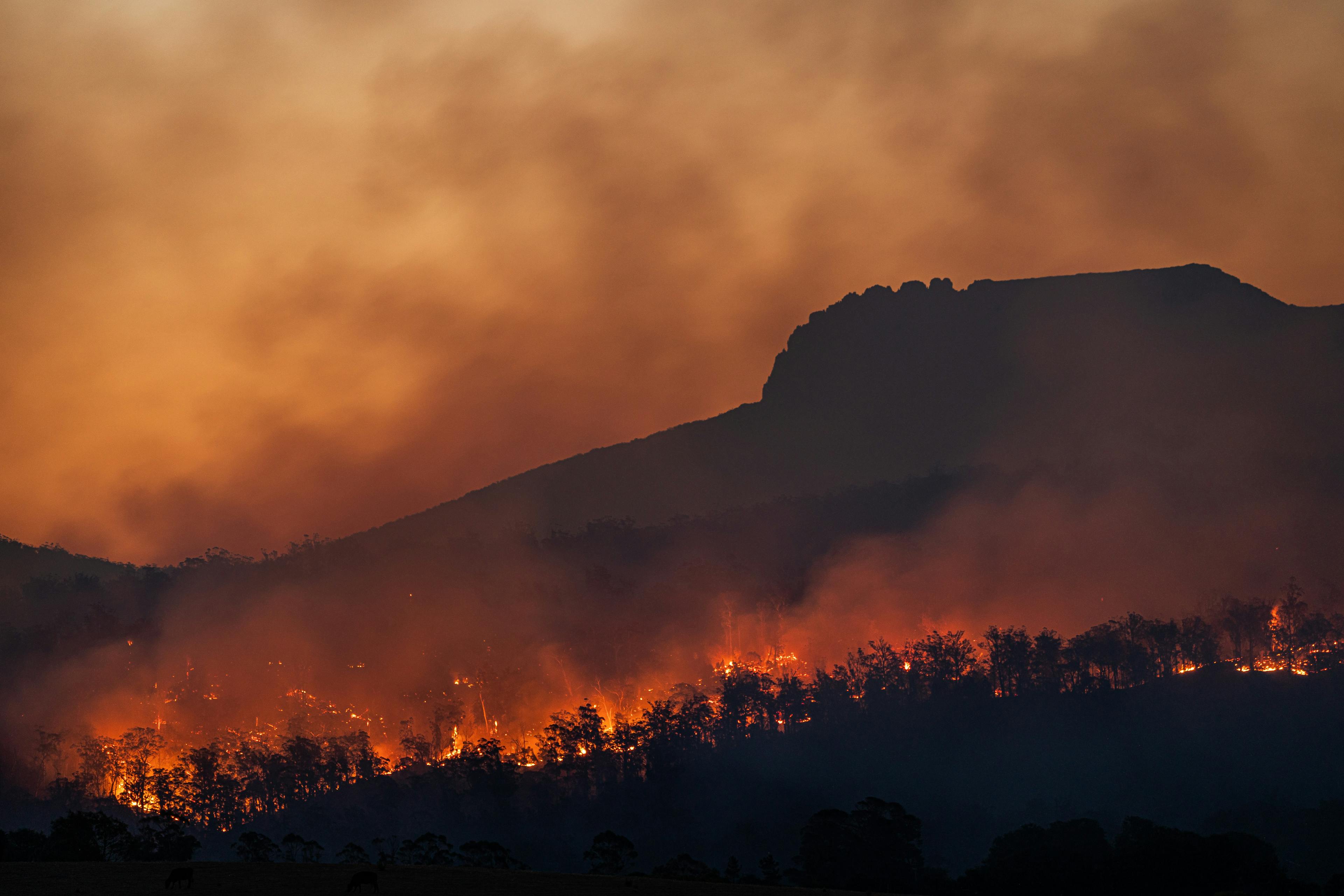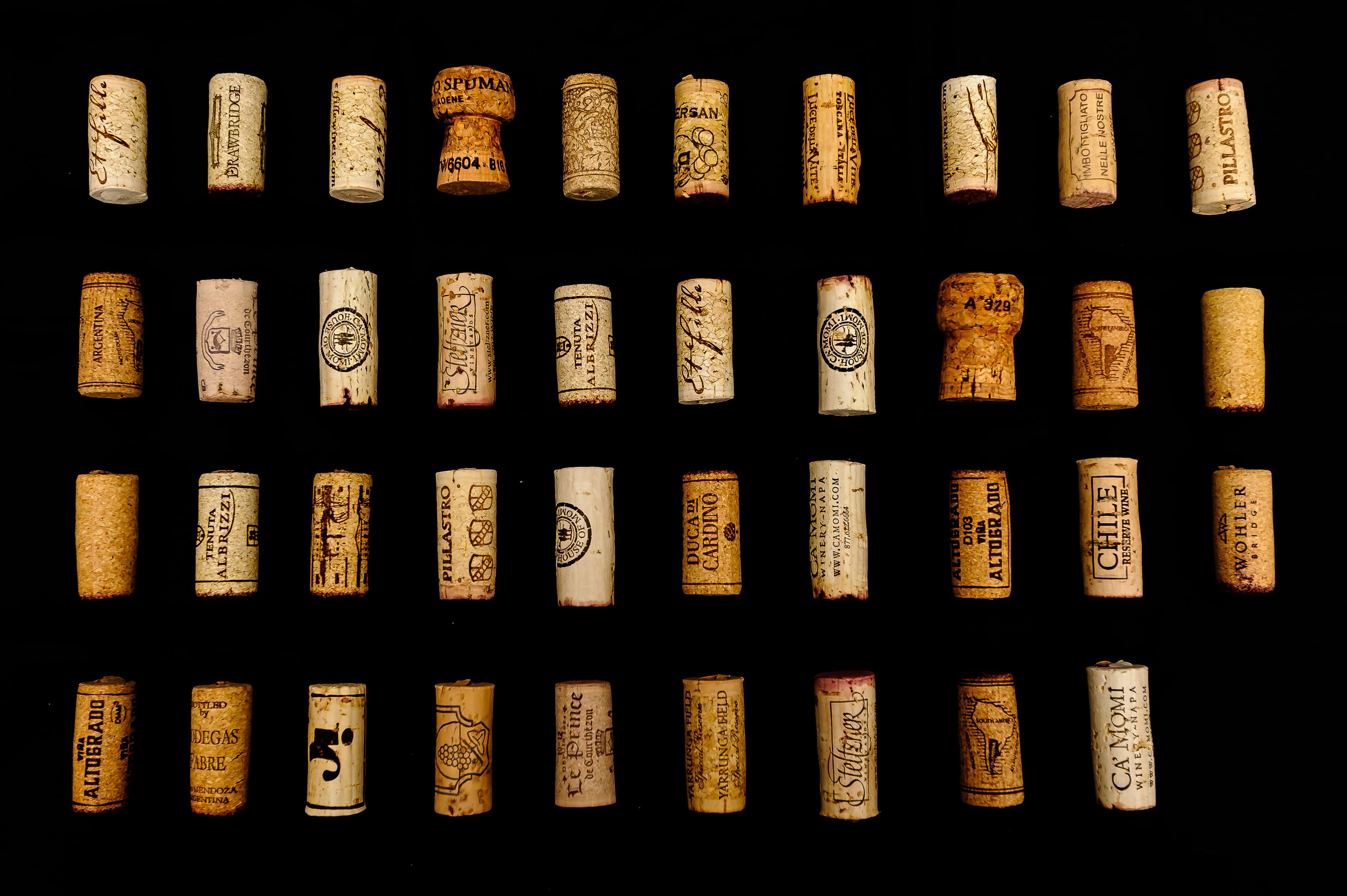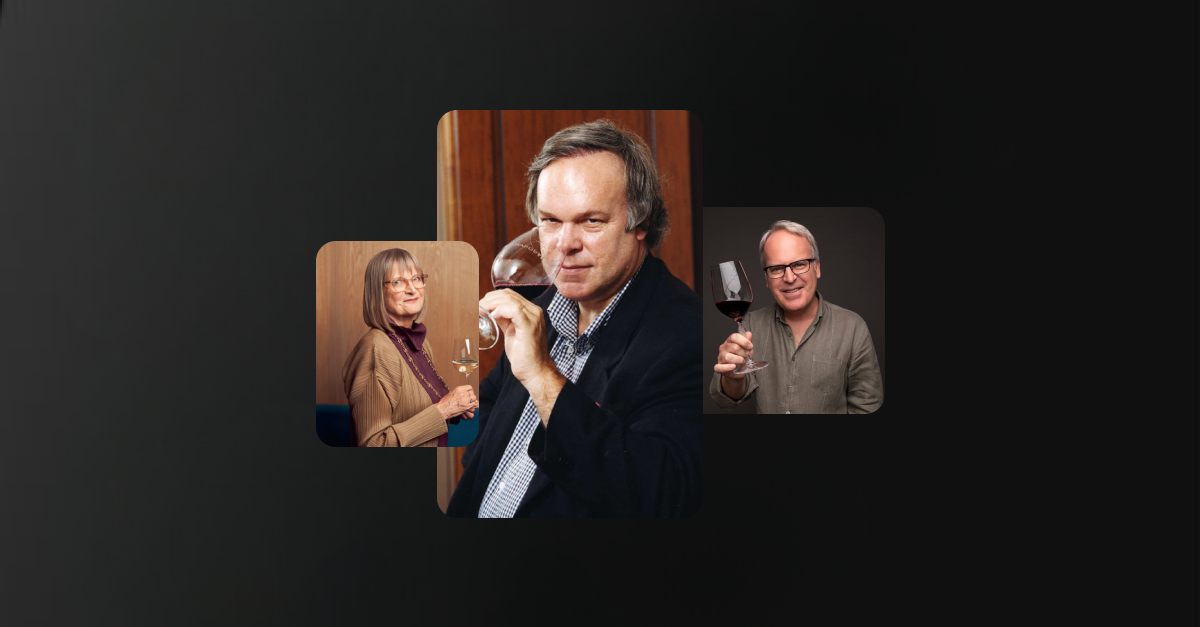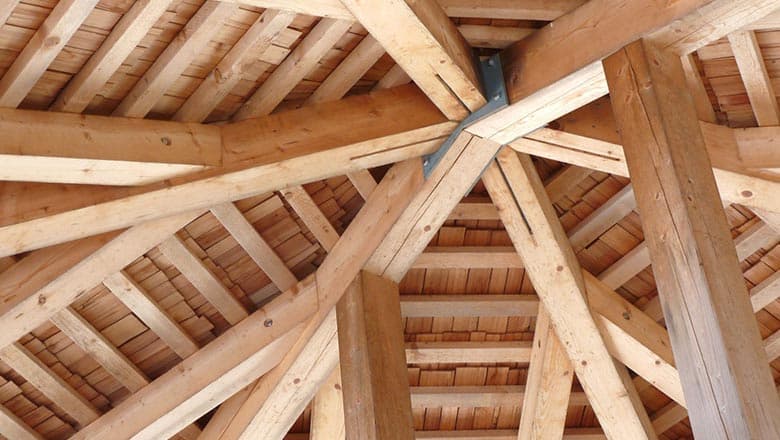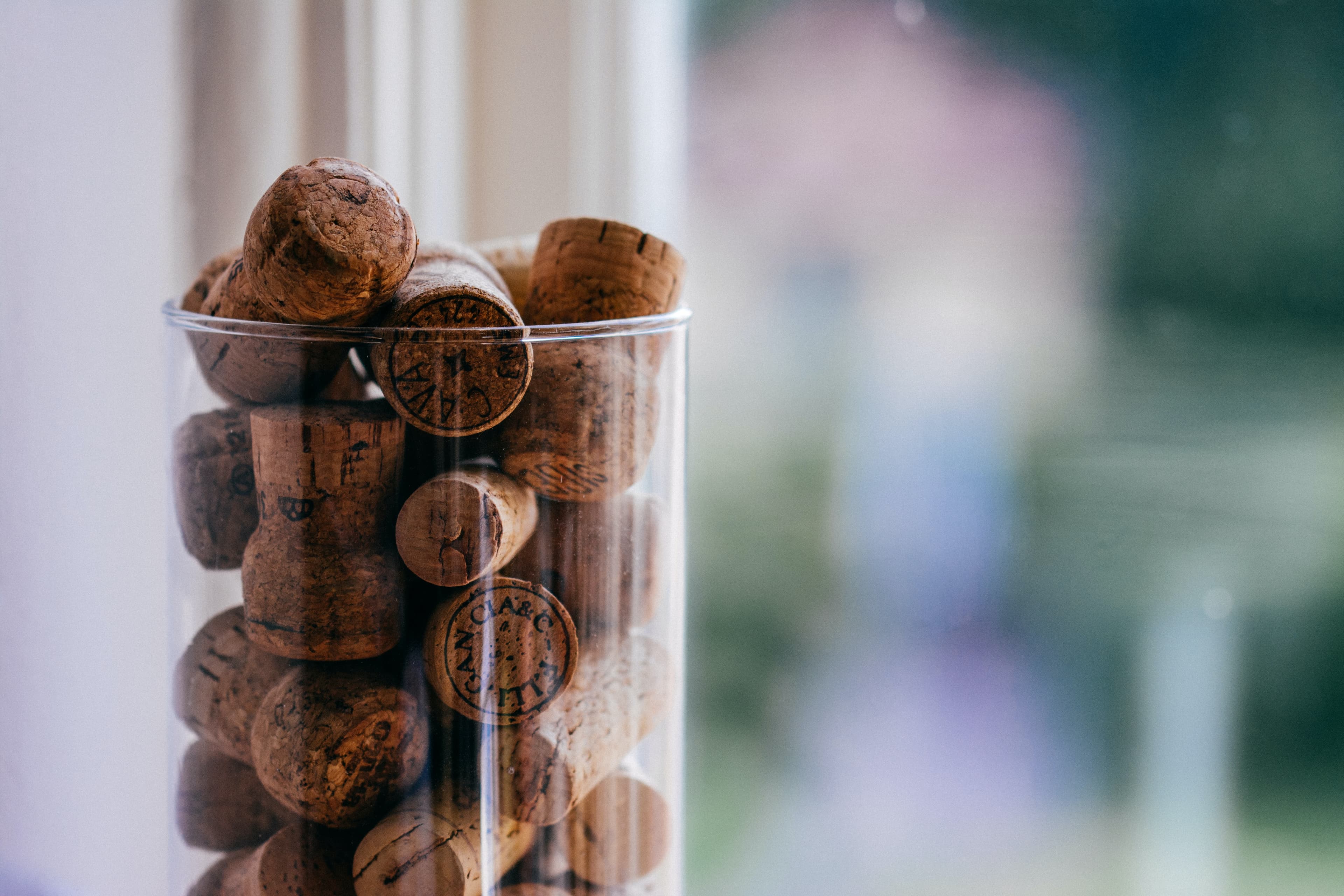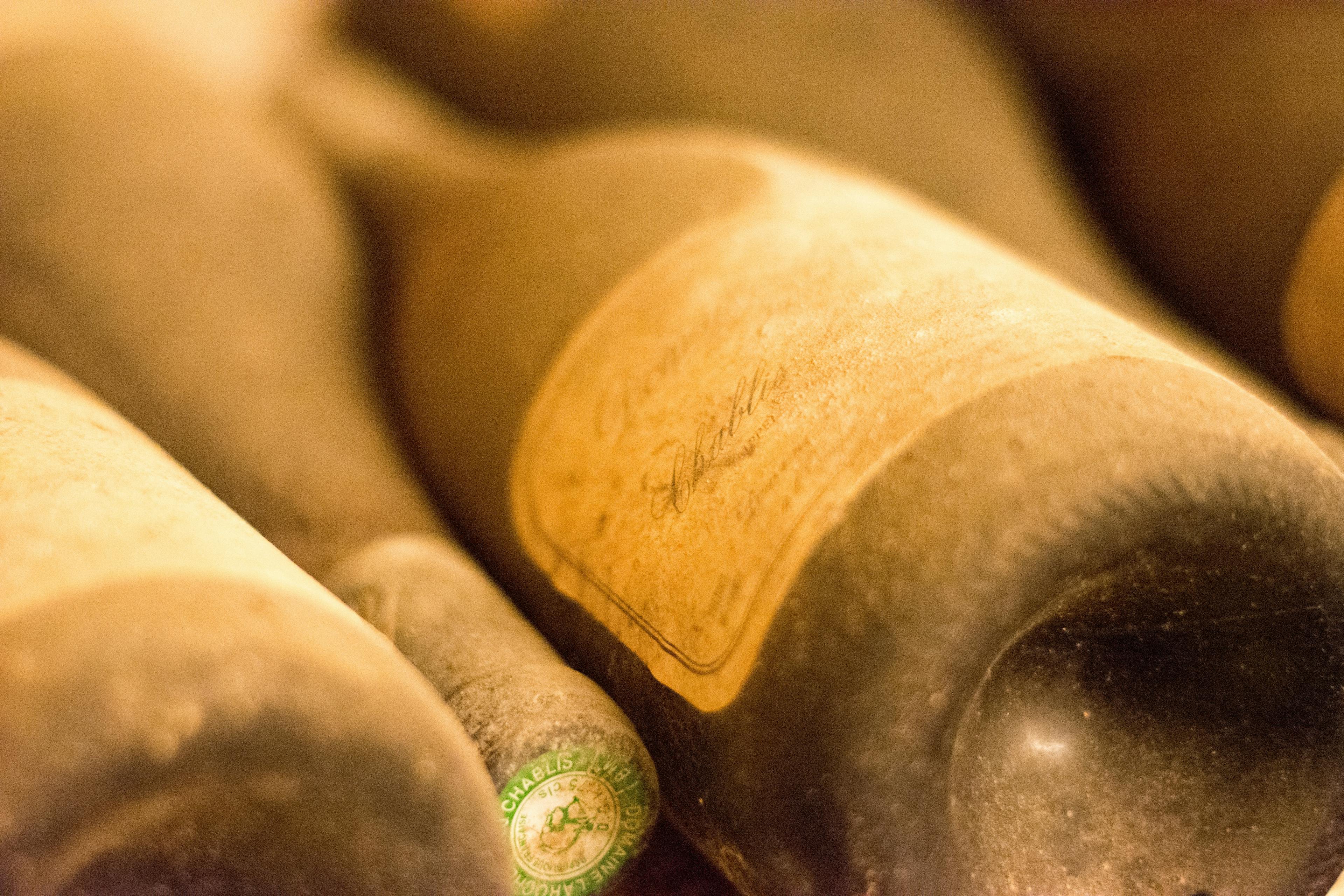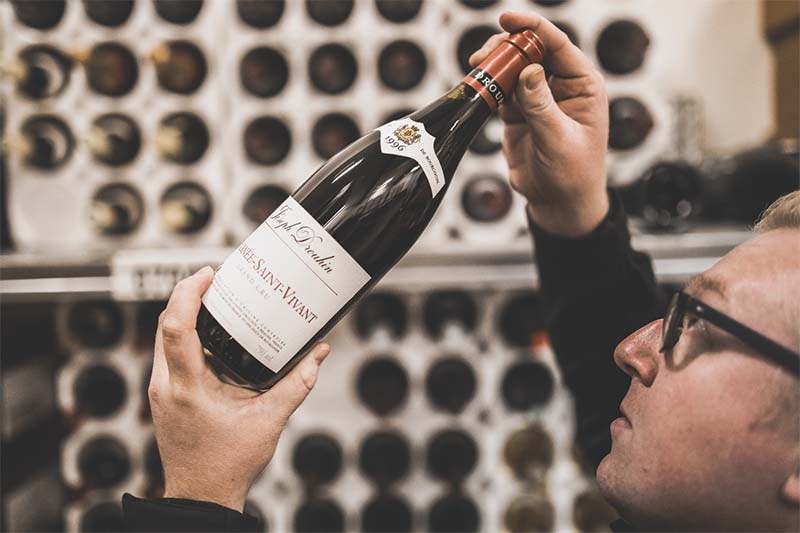What is the History Behind Domaine Jean-Louis Chave?
11 min read
Head of Content

Discover the storied past of Domaine Jean-Louis Chave, a name synonymous with fine winemaking that spans several centuries. Nestled in the heart of France's Rhône Valley, this esteemed vineyard has been producing some of the world's most revered wines under the guidance of the Chave family. The family's dedication to quality and tradition has cemented their reputation as one of the premier winemakers in the region. In this article, we delve into the origins, the pivotal moments, and the enduring legacy of this iconic winery, providing a comprehensive overview of its historical significance and contributions to the global wine industry.
The Founding of Domaine Jean-Louis Chave
The origins of Domaine Jean-Louis Chave trace back to 1481, making it one of the oldest wine estates in the Rhône Valley. Initially established in Saint-Joseph, the Chave family later expanded their vineyards to include plots in the renowned Hermitage region. This strategic expansion allowed them to produce a wider variety of wines, enhancing their reputation for quality and complexity.
Over the centuries, the Chave family has passed down their winemaking knowledge from generation to generation, ensuring that traditional techniques are preserved while also embracing modern innovations. This blend of old and new approaches has been crucial in maintaining the high standards for which Domaine Jean-Louis Chave is known.
Today, the winery remains a family-run enterprise, with Jean-Louis Chave at the helm since 1992. Under his leadership, the estate has continued to thrive, consistently producing wines that are celebrated worldwide for their depth and character. For more detailed facts, enthusiasts and historians alike delve into the rich tapestry of stories that surround this iconic winery.
Generational Handover: The Chave Family Legacy
The Chave family's winemaking legacy in the Rhône Valley is a testament to the enduring quality and tradition of their wines. Since 1481, the Chave lineage has been synonymous with top-tier winemaking, each generation passing down their rich knowledge and passion for viticulture. This generational handover has ensured that the methods and secrets of crafting exceptional wines are preserved and adapted over centuries.
Key to their success is the seamless transition from one generation to the next. Jean-Louis Chave, the current custodian, inherited not just vineyards but a philosophy of wine cultivation that prioritizes terroir and minimal intervention. Under his stewardship, the estate has continued to produce wines that are celebrated worldwide for their depth and complexity.
Preservation of Tradition: Each generation has maintained the core values of their forebears while introducing subtle innovations to enhance wine quality.
Adaptation to Modern Techniques: While respecting traditional methods, the Chaves have also embraced modern viticultural techniques to improve sustainability and efficiency.
For those looking to store their bottles of Domaine Jean-Louis Chave, understanding the family's dedication to quality can deepen appreciation of each sip.
Historical Challenges and Triumphs
Domaine Jean-Louis Chave, a revered name in the wine industry, has faced numerous challenges throughout its history, yet it has consistently emerged triumphant, enhancing its reputation globally. Established in 1481, the Chave family's journey through centuries showcases resilience and mastery in winemaking. Initially, the vineyard battled phylloxera in the late 19th century, a pest that devastated many European vineyards. Their innovative approach to grafting resistant rootstocks helped preserve their unique strains of Syrah and Marsanne.
During World War II, the domaine faced the threat of confiscation and destruction, but strategic concealment of their finest vintages ensured the survival of their legacy. Post-war economic fluctuations posed yet another hurdle, challenging their market stability and pricing strategies. However, the Chave family adapted by focusing on quality and exclusivity, eventually securing a premium position in the global wine market.
In recent decades, climate change has prompted further adaptation. The domaine has implemented sustainable practices to maintain their vineyard's health and ensure the continued enjoying of their esteemed wines. These efforts include water conservation techniques and organic farming practices, proving that their commitment to excellence and environmental stewardship goes hand in hand.
The Evolution of Winemaking Techniques at the Domaine
The winemaking techniques at Domaine Jean-Louis Chave have undergone significant evolution, reflecting both tradition and innovation. Initially, the focus was on mastering the classic methods passed down through generations. This included meticulous handpicking of grapes and fermenting in old oak barrels, which emphasized the terroir's unique characteristics.
Over the years, the domaine introduced modern technologies to refine their processes. Temperature-controlled fermentation now ensures consistency and enhances the flavor profiles of the wines. Additionally, the use of selective yeast strains helps in achieving a more controlled fermentation, reducing the risk of unwanted flavors.
Sustainability has also become a key aspect of their winemaking philosophy. Organic practices are employed to maintain soil health and biodiversity in the vineyards. This shift not only supports the environment but also improves the quality of the grapes.
These advancements have made the wines from Domaine Jean-Louis Chave ideal for various food pairings, enhancing the dining experience with balanced flavors that complement:
Rich meats like lamb and beef
Hearty stews and casseroles
Aged cheeses
Dark chocolate desserts
Grilled vegetables
Notable Vintages and Their Historical Context
Domaine Jean-Louis Chave, renowned for its exceptional wines, has produced several popular vintages that stand out not only for their quality but also for their historical significance. Each vintage tells a unique story, reflecting the climatic conditions and winemaking innovations of its time.
1990 Hermitage: This vintage is celebrated for its perfect balance and structure, emerging in a year marked by ideal weather conditions that allowed for optimal grape ripeness. It represents a pinnacle in the winery's history, showcasing the potential of the Hermitage region.
2001 Hermitage: Noted for its depth and complexity, this vintage was produced in a year that experienced a challenging growing season, with a cool summer followed by a warm September. The resulting wine is a testament to the skillful adaptation of the Chave family to diverse climatic challenges.
2009 Hermitage: This is another standout vintage, characterized by its robust tannins and longevity. The year was particularly warm, giving the grapes an exceptional level of maturity and concentration. This vintage continues to receive acclaim for its powerful expression and potential for aging.
Each of these vintages encapsulates a moment in time, offering insight into the historical and environmental factors that influence the art of winemaking at Domaine Jean-Louis Chave.
Contributions to the Rhône Valley Wine Community
Domaine Jean-Louis Chave has significantly influenced the Rhône Valley wine community through its dedication to producing exceptional wines that reflect the unique terroir of the region. Established in 1481, the domaine is one of the oldest in the Hermitage area, and its contributions have been pivotal in shaping the local wine culture.
Preservation of Traditional Methods: The Chave family has consistently prioritized traditional winemaking techniques, ensuring that each vintage remains a true expression of the land. This commitment has helped maintain high standards within the community, inspiring other local vintners to uphold these practices.
Innovative Viticulture: While respecting tradition, Domaine Jean-Louis Chave also embraces innovation, particularly in viticulture. They have pioneered methods to combat soil erosion and improve vine health, which have been adopted by neighboring vineyards, enhancing the overall quality of the wines produced in the area.
Community Engagement: The domaine actively participates in local initiatives aimed at promoting Rhône wines globally. By hosting tastings and educational tours, they share their deep knowledge and passion, attracting wine enthusiasts and experts from around the world to explore the richness of Rhône Valley wines.
These efforts not only bolster the reputation of the region but also ensure that the taste of their wines continues to delight and inspire wine lovers everywhere.
Restoration and Preservation of Vineyards
The restoration and preservation of vineyards at Domaine Jean-Louis Chave are deeply rooted in traditional practices, reflecting a commitment to maintaining the integrity and quality of the land. This approach ensures that each vineyard plot can express its unique terroir, a crucial aspect of producing exceptional wines. The Chave family, with their centuries-long history in winemaking, has always prioritized ecological balance and soil health, employing techniques that support sustainable viticulture.
Selective Planting: Only the most suitable grape varieties are planted in specific plots to optimize the natural advantages of each terrain.
Old Vine Care: Special attention is given to older vines, which are often more capable of expressing the complex subtleties of the terroir.
Natural Remedies: To combat pests and diseases, natural methods are preferred, which avoids the use of harmful chemicals and preserves the vineyard's ecosystem.
Terracing: In steeper plots, terracing prevents soil erosion and promotes more efficient water usage.
Through these meticulous methods, the craftsmanship at Domaine Jean-Louis Chave not only enhances the quality of the wine but also contributes to the longevity and health of the vineyards.
Historical Figures and Their Impact on the Domaine
The influence of historical figures on Domaine Jean-Louis Chave has been profound, shaping its characteristics and reputation. The Chave family, with roots in winemaking dating back to 1481, has seen numerous pivotal personalities. Among them, Jean-Louis Chave himself stands out. His expertise and passion for Rhône varietals have propelled the domaine to international acclaim.
Gérard Chave: Jean-Louis's father, Gérard, played a crucial role in modernizing the vineyard practices. His dedication to low-yield, high-quality production set new standards in the Hermitage region.
Louis Chave: The early 20th-century ancestor was instrumental in expanding the family's vineyards. His strategic acquisitions during challenging times helped secure the domaine's future.
These figures not only contributed to the domaine's legacy through direct actions but also instilled a deep respect for terroir and traditional methods that continue to guide the domaine's practices today. Their combined efforts have ensured that each bottle of wine produced under the Chave label is a reflection of both history and quality.
Archival Records and Their Stories
Archival records from Domaine Jean-Louis Chave provide a fascinating glimpse into the winery's storied past. These documents, some of which date back several centuries, offer insights into the evolution of winemaking practices and the Chave family's enduring commitment to quality. Among the treasures found in the archives are old vineyard maps, harvest records, and personal letters that detail collaborations and innovations.
Vineyard Maps: These ancient maps reveal the geographical expansion of the vineyards over time. They show how certain plots have been cultivated continuously, which speaks to the sustainable practices long embraced by the Chave family.
Harvest Records: Detailed accounts of yearly harvests illustrate the fluctuations in grape production and the impact of climatic conditions. These records are crucial for understanding how different weather patterns affect the quality and character of the wines.
Personal Letters: Correspondence between family members and other vintners highlights the collaborative spirit within the winemaking community. These letters often discuss techniques that serve to enhance the complexity and flavor of their wines.
Each piece of archival material adds a layer to the rich history of Domaine Jean-Louis Chave, showcasing a legacy of excellence and innovation in winemaking.
The Domaine's Role in Global Wine History
Domaine Jean-Louis Chave, established in 1481, is not only a testament to the enduring legacy of French winemaking but also a pivotal player in the broader narrative of global wine history. This esteemed estate, nestled in the heart of the Rhône Valley, has been instrumental in shaping the standards and reputation of Hermitage wine, influencing wine production techniques worldwide.
Pioneering Techniques: The Chave family's approach to viticulture and vinification has set benchmarks for quality and complexity. Their methods, combining traditional practices with innovative techniques, have been emulated by winemakers across the globe, enhancing the overall quality of wine production.
Preservation of Terroir: By consistently focusing on the expression of terroir, Domaine Jean-Louis Chave has highlighted the importance of geographic and climatic influences on the character of wine. This emphasis has encouraged vintners everywhere to prioritize local varietals and conditions, leading to a more diverse wine market.
Educational Contributions: The Chave family has also contributed significantly to wine education, offering insights and knowledge that have helped shape modern viticulture curricula. Their commitment to sharing expertise has fostered a deeper understanding and appreciation of wine among professionals and enthusiasts alike.
Through these contributions, Domaine Jean-Louis Chave has not only cemented its place in French wine history but also significantly impacted the global wine industry.
Conclusion
In conclusion, the rich history of Domaine Jean-Louis Chave, stretching back to 1481, is a testament to the enduring quality and tradition of winemaking in the Rhône Valley. This storied domaine has not only contributed significantly to the prestige of Hermitage wines but also to the broader narrative of French viticulture. As enthusiasts and collectors of fine wines, understanding the lineage and craftsmanship of such a venerable producer adds a layer of appreciation and value to each bottle.
At Rekolt, we recognize the importance of provenance and optimal storage conditions in preserving the integrity and enhancing the value of fine wines like those from Domaine Jean-Louis Chave. Our professional cellar storage solutions offer an ideal environment for aging wines, ensuring that they mature perfectly, maintaining their quality and historical significance. Moreover, our marketplace provides a seamless platform for wine enthusiasts to trade and invest in wines with confidence, backed by our expertise and commitment to quality. Whether you are looking to expand your collection, invest in wine futures, or simply enjoy a bottle of exceptional Hermitage, Rekolt is your trusted partner in the journey through the world of fine wines.
Share this article
